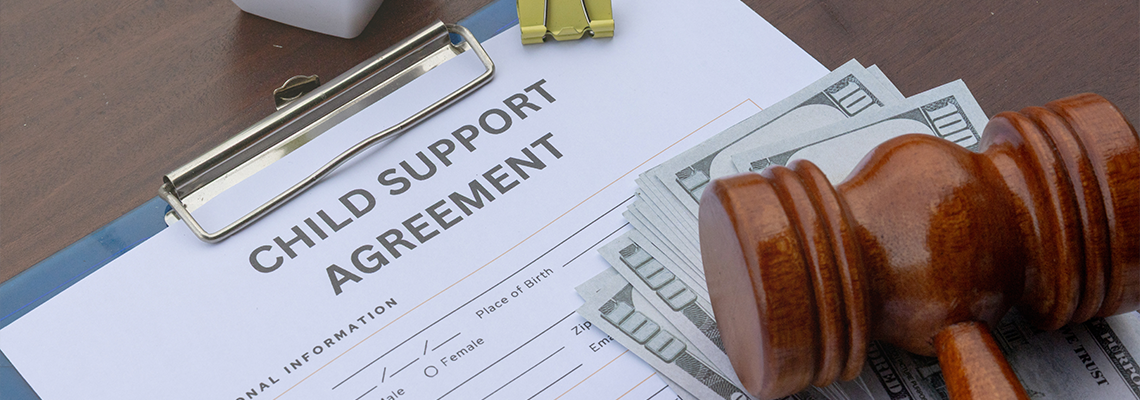
Many drivers wonder if they can refuse a breath or blood test during a DUI stop. While you do have the right to refuse, doing so comes with its own set of legal consequences. If you find yourself in this position, understanding your rights and the potential penalties is the first step to making an informed decision.
At Le Fleur Law LLC, Attorney Le Fleur offers future-focused advice and advocacy for individuals facing the consequences of refusing a blood or breath test. With years of courtroom experience, she has a deep passion for criminal law and brings a client-centered approach to every case.
Located in Grand Junction, Colorado, her firm offers trustworthy legal representation across Mesa County, Delta County, and Montrose County. She is committed to helping you understand the consequences of a blood or breath test refusal and your available options in these cases.
Implied Consent in Colorado
When you drive in Colorado, you automatically agree to certain rules. One of these is the principle of "express consent," often referred to as implied consent in other states. This law is fundamental to how DUIs are handled in the state.
Colorado's express consent law states that any person who drives a motor vehicle in the state has consented to take a chemical test of their breath or blood if a law enforcement officer has probable cause to believe they are driving under the influence of alcohol or drugs. The purpose of this test is to determine the person's blood alcohol content (BAC) or the presence of drugs.
An officer can request a test if they have reasonable grounds to suspect you are impaired. This suspicion often comes from observations made during a traffic stop, such as the smell of alcohol, slurred speech, erratic driving, or poor performance on roadside sobriety tests. Once the officer establishes this probable cause, they are legally permitted to ask you to submit to a chemical test.
You have a choice between a breath test and a blood test, unless specific circumstances prevent you from choosing one of the options. For example, if you are unconscious or otherwise incapacitated and unable to make a choice, a blood test may be administered. Also, if an officer has probable cause to suspect you are under the influence of drugs, they can require a blood test.
Immediate Penalties for Refusing a Chemical Test
Refusing to take a breath or blood test in Colorado is not a criminal offense in itself, but it triggers immediate administrative penalties through the Department of Motor Vehicles (DMV). These penalties are separate from any criminal charges you might face if you are subsequently charged with a DUI.
The primary consequence of a first-time refusal is an automatic one-year revocation of your driver's license. This revocation is absolute, meaning you are not eligible for a restricted or probationary license during this period. For many people, the inability to drive for a whole year can have a significant impact on their job, family life, and daily responsibilities.
The penalties are more severe for subsequent refusals. A second refusal results in a two-year license revocation, and a third or subsequent refusal leads to a three-year revocation. These lengthy periods without driving privileges are intended to serve as a strong deterrent against refusing a chemical test.
In addition to the license revocation, you will be designated as a "persistent drunk driver" (PDD). This designation has further requirements, including mandatory alcohol and drug education and treatment programs. You will also be required to have an ignition interlock device (IID) installed in your vehicle for at least two years once your driving privileges are reinstated.
How a Refusal Affects Your DUI Case
While refusing a test leads to administrative penalties, many people believe it will help them avoid a DUI conviction. A common thought is that without a BAC measurement, the prosecution will have no evidence to prove intoxication. However, this is a common misconception. Prosecutors can, and often do, move forward with DUI cases even without chemical test results. They will build their case using other forms of evidence, such as:
The officer's testimony about your driving behavior and appearance.
Your performance on any voluntary roadside sobriety tests.
Any admissions you made about drinking.
Body camera or dashboard camera footage from the traffic stop.
Most importantly, the prosecution can use your refusal against you in court. Under Colorado law, your refusal to submit to a test can be admissible as evidence of guilt. The prosecutor can argue that you refused the test because you knew you were intoxicated and wanted to hide the evidence. This can be a powerful argument for a jury, often making it more challenging to defend the DUI charge. Refusing the test does not make the case disappear; it simply changes the type of evidence the prosecution will use.
Can You Challenge a License Revocation?
After a test refusal, the arresting officer will typically take your license and issue you a temporary driving permit. You have a very short window—only seven days—to request a hearing with the DMV to challenge the revocation. If you do not request a hearing within this time frame, the revocation will automatically go into effect. At the DMV hearing, your attorney can contest the revocation on several grounds. The hearing officer will primarily look at four key issues:
Did the officer have reasonable grounds to believe you were driving under the influence?
Were you properly advised of your rights and the consequences of refusal?
Did you, in fact, refuse the test?
Was the test requested in accordance with the express consent law?
An experienced criminal defense attorney can examine the details of your arrest to identify potential weaknesses in the officer's case. For instance, if the officer did not have probable cause for the initial stop or if they failed to properly explain the consequences of refusing the test, it may be possible to have the revocation overturned. Therefore, legal representation is highly beneficial, as it provides a structured way to present your case and challenge the evidence.
DUI Defense Attorney in Grand Junction, Colorado
If you are facing the consequences of refusing a chemical test, you do not have to handle the situation alone. Le Fleur Law LLC provides legal representation that values your voice and your rights. Attorney Annie Le Fleur has built her practice on trust, compassion, and a steadfast commitment to securing the best possible legal outcomes for clients across Colorado.
With years of courtroom experience, she offers knowledgeable legal guidance for those facing the consequences of refusing a blood or breath test during a traffic stop. Located in Grand Junction, Colorado, she serves clients throughout Mesa County, Delta County, and Montrose County. Contact Le Fleur Law LLC today to schedule a consultation.


